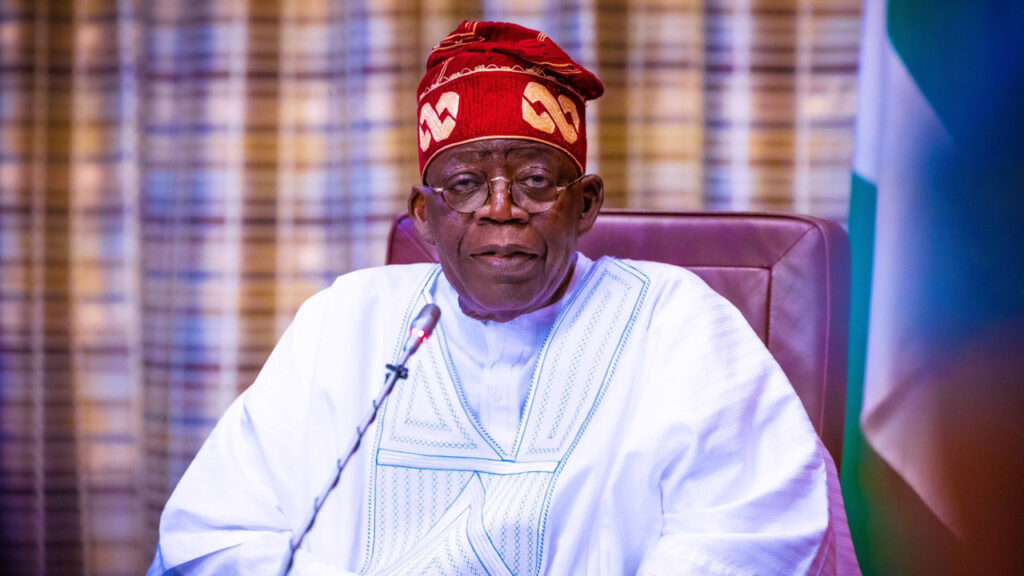
There appears to be a ‘palliative’ agreement between the Federal Government and marketers of Premium Motor Spirit (PMS) otherwise called petrol over what will constitute the freight for product lifting nationwide.
Rising from a two-day meeting yesterday in Abuja, Nigerian Association of Road Transport Owners (NARTO), Major Energies Marketers Association of Nigeria (MEMAN) , Independent Petroleum Marketers Association Of Nigeria (IPMAN) and Depot and Petroleum Marketers Association of Nigeria (DAPMAN) said an agreement has been reached with government, represented by Minister of State for Petroleum Resources (Oil), Heineken Lokpobiri, and Nigerian Midstream and Downstream Regulatory Authority (NMDPRA).
While the development led to resumption of petrol lifting, NARTO and the government, on the other hand, failed to disclose the new freight rate.
Ordinarily, under a deregulated market, the cost of lifting petrol from one point to another should not create problems for government and industry players, just as it is for any other good or product in the market, but the return of price control in August last year by the current administration meant that Nigerians needed to brace up for the uncertainty, depending on prevailing economic realities, especially the foreign exchange crisis and inflation.
NARTO President, Yusuf Othman confirmed members of the association and their employees under the Petroleum aegis of Tanker Drivers (PTD) have suspended their industrial action.
Acknowledging that an agreement was reached, he added that it fell short of expectation.
Othman stated: “There has been some improvement even though it is not what we expected, but we needed to make some movement, and we will continue to negotiate with the marketing companies based on the economic realities.”
He did not disclose if there was any new rate but noted that there is a level of improvement.
Previously, the rate was not something to hide. The freight from Lagos to Abuja was N31, but under the current diesel pricing, it no longer covers the cost of diesel alone from the depot in Lagos to retail outlets in Abuja.
Othman said the development would not affect the pump price of petrol.
Chief Executive of NMDPRA, Farouk Ahmed, said diesel price before the deregulation was about N700, but went up to around N1,400 per litre, thus posing a challenge for the transporters.
He explained that the regulator has no right to force pricing, but to facilitate resolution within the market.
Ahmed said after the two-day negotiation, the players reached a consensus not to allow transporters to suffer, as they have already made significant sacrifices.













